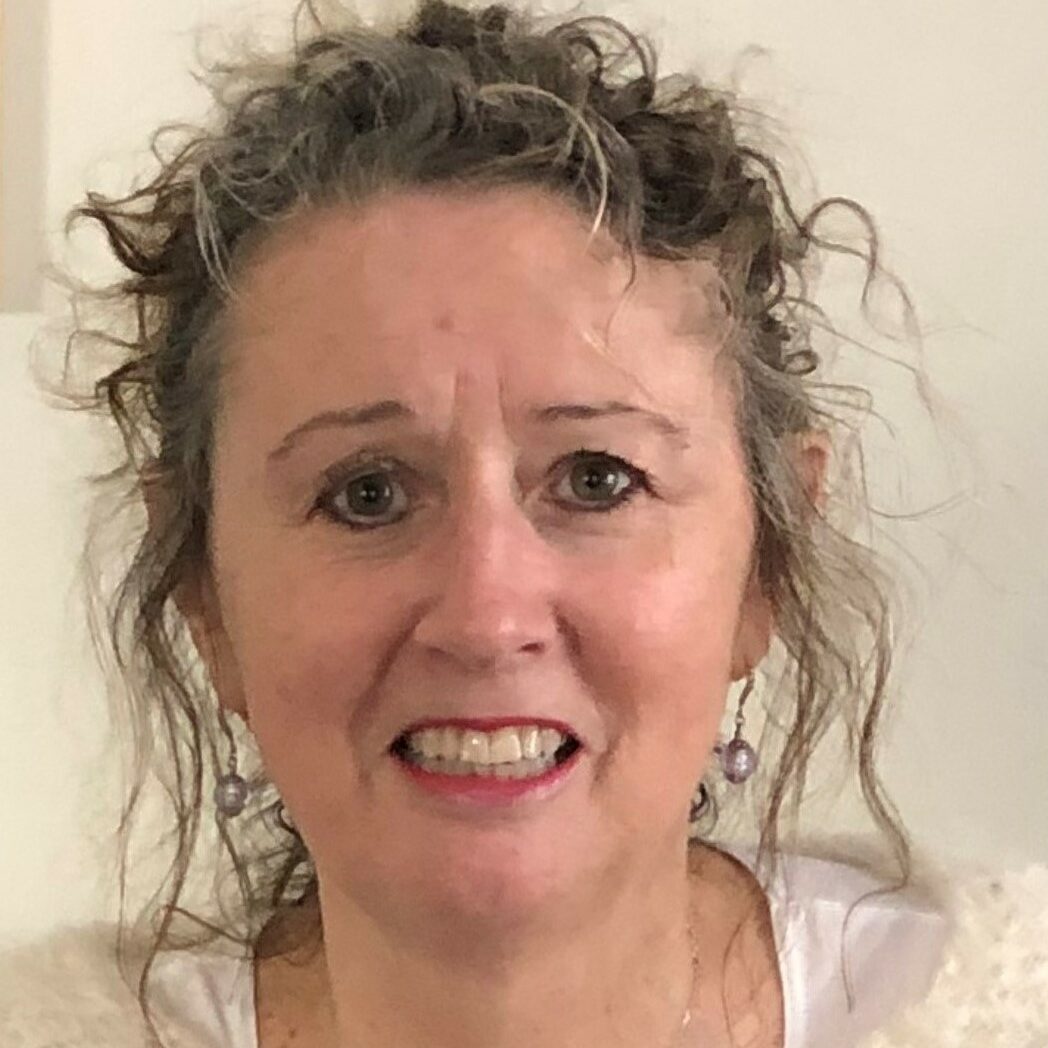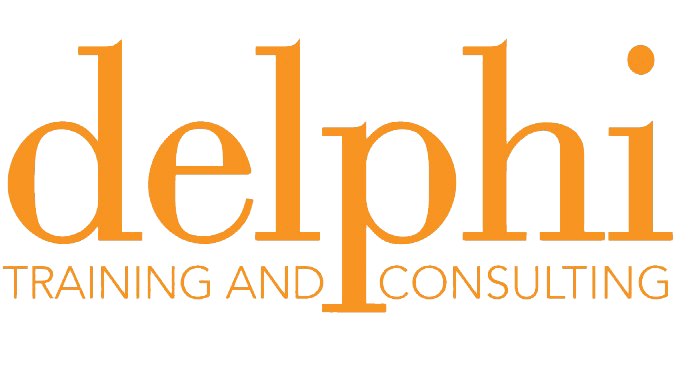
1985 – 2011
The Delphi Centre, now Delphi Training and Consulting, was founded by Susan Henry, (B.App.Sc. Speech Path.), Dip.C.H. in 1985. Naomi Halpern, CQSW, Grad Cert (Human Rights) joined the practice in 1987. Initially developed as a general counselling practice, the direction soon changed focus as many clients disclosed significant complex trauma and abuse histories sitting behind the difficulties for which they were seeking assistance.
Over more than two decades, Susan and Naomi provided trauma informed therapy for adult sequelae of childhood relational trauma, offering clients a holistic collaborative approach. From 2012, Susan’s energies have been directed to the area of banking and financial industry abuse (FIA) and the hidden trauma surrounding these issues. Naomi refocused to broaden and further develop specialist trauma consultation for mental health professionals, lawyers and related professions, in-house training and workshops.
Delphi Training and Consulting has achieved international recognition for its pioneering work in Australia from the early 90s, providing continuing professional development training with international and national experts in the field of complex and relational trauma, PTSD and dissociation.
– Marianne Williamson

Photo Credit: Allstart Picture Library Ltd /Alamy
In 1991, Naomi Halpern and Susan Henry, with other health professionals founded the Australian Association of Trauma & Dissociation Inc. (amalgamated with the Australasian Society for Traumatic Stress Studies in 1996). For 5 years they played instrumental roles in organising conferences for the association in this developing field.
Delphi Training and Consulting expanded training opportunities through establishing in 1995 national seminar tours with leading clinicians and researchers in the field of complex and relational trauma, dissociation and PTSD.
“Know Thyself” is one 147 maxims inscribed throughout the ancient temple in Delphi, Greece. The choice of the name Delphi is a metaphor for the unification or integration of mind, spirit, body and soul. It results from developing skills to ask the important (therefore ‘right’ or relevant) questions, and to seek guidance from within oneself to make choices that support and enhance a meaningful experience of life.
Our approach supports people to find answers within themselves, at a pace that suits the individual, allowing the process to unfold, while taking action to create the desired outcomes. Our approach recognises that each person has the ability to learn how best to guide themselves through personal issues, conflicts and concerns toward a life that reflects their desired vision and potential.
Inherent in our approach is the understanding that we all have many ‘parts’ to our personality. Our parts are a combination of personal characteristics, genetic influence, environmental and developmental experiences. All parts of Self are motivated to protect and benefit the whole person, even when the way a part(s) expresses this intention is harmful to the individual or others.
Defenses develop to adapt to the demands of situations in which there was no real choice. Integral to healing from trauma or abuse is to understand and work with these natural, protective mechanisms that have enabled survival. While valuable at the time of overwhelming stress, some behaviours, feelings, beliefs and perceptions can become problematic in themselves. By respecting the purpose and benefit of defenses, the individual can begin to work with, rather than against, themselves. This creates better ways of learning to meet needs instead of subconsciously re-enacting past unhelpful experiences.
While many things that happen in life are out of our control and for which we do not have responsibility (such as trauma, abuse and neglect) we can develop and nurture resilience, internal resources and agency in how we respond to, and deal with life experiences. This includes addressing the impact of circumstances that we could not, and cannot, control or change. It also involves exploring the decisions we make, and consequent actions we take, where we can influence the outcome.
It is paramount that human pain and distress is not pathologised as the term ‘disorder’ suggests. Healing requires a broader perspective than traditional medical model approaches. Respectful, empathic and meaningful adjustment and transformation rather than ‘resolution’ is the goal rather than attempts to finalise or eradicate suffering or conflict.
We take a whole-person, humanistic and principle-centred approach. To this end, we combine discussion, education and solution-focused strategies (mind) with sensorimotor or somatic awareness (body) and healthy emotional expression (soul) with respecting what gives meaning and purpose (spirit) to each person.
Therapists have a responsibility to embrace their own personal challenges. This includes the impact of providing trauma services and being confronted with humankind’s capacity for inhumanity when driven by unrecognized or unprocessed pain and suffering (vicarious trauma). A therapist’s authentic engagement with personal issues directly reflects comfort and skill in assisting clients to navigate healthy emotional expression, decision making, crises in faith in themselves and pursuing fulfilment and meaning.
Importantly, therapists hold the hope for clients until they can hold it for themselves.
No results found.
Delphi Training and Consulting acknowledges Aboriginal and Torres Strait Islander Peoples as the Traditional Owners and Custodians of the lands and waters which we share. We pay our respects to Elders past, present and future. We acknowledge and recognise it is the oldest living culture in the world and that sovereignty has never been ceded. It always was and always will be Aboriginal land.


Delphi is an inclusive and safe organisation. We respect, celebrate and support diversity, the inclusion of children, young people and adults from LGBTQIA+ communities, people with disabilities, people from CALD backgrounds and people with diverse religious beliefs or affiliations.


Get all latest news, event updates and access to resources & information.